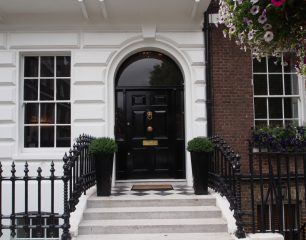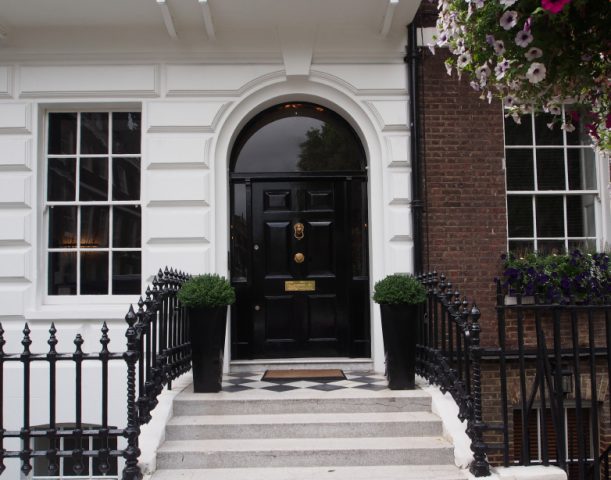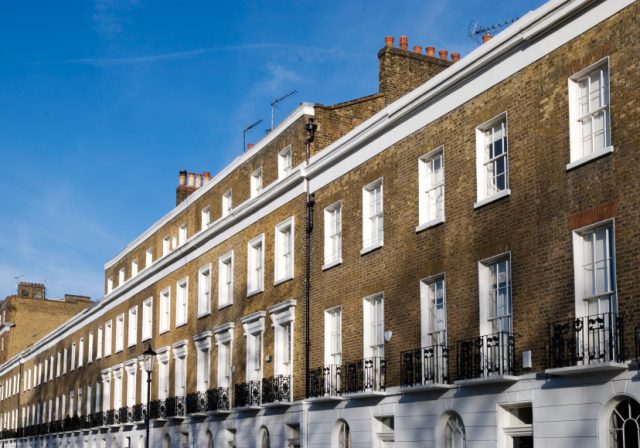Basel Committee Joins Crackdown on Buy-to-Let Sector
The buy-to-let sector could be hit by further restrictions, as the Basel Committee looks set to join the crackdown on property investment.

Basel Committee Joins Crackdown on Buy-to-Let Sector
Mortgage experts have already warned that Chancellor George Osborne’s plans to attack buy-to-let taxes could destroy the market.
The Bank of England (BoE) is also joining the fight, after it called for new powers over the interest cover ratio on buy-to-let calculations.
The Basel Committee sets global financial standards. It wants banks to hold twice as much capital against mortgages when repayments are dependent on rental income. It fears that landlords will struggle to meet their repayments if they cannot find tenants for their properties.
This measure would double the amount of capital lenders must hold against a loan from 35% to 70%, pushing up the cost of buy-to-let mortgages and reducing supply.
The BoE’s Financial Policy Committee (FPC), managed by Mark Carney, warns that buy-to-let mortgages are twice as likely to break down than loans for owner-occupiers.
The FPC has requested powers from the Treasury to restrict lending to landlords, which could include limits on loan-to-value and loan-to-income ratios.
The buy-to-let sector is still growing strongly, despite activity dropping by 4% in November, according to a recent study by Connells Survey & Valuation.
John Bagshaw, of Connells, says buy-to-let remains an attractive venture for prospective investors.
He comments: “Much of the energy is being fuelled by a desire to out-manoeuvre the Treasury’s attempts to take more money from buy-to-let business.
“With the Chancellor imposing more fees and regulations on landlords in his most recent Autumn Statement, many would-be landlords are hurrying to get into the market before these changes kick in from April next year.”1
Buy-to-let investors and second home buyers will be charged an extra 3% in Stamp Duty from April.
1 https://www.landlordtoday.co.uk/breaking-news/2015/12/basel-committee-joins-assault-on-buy-to-let









